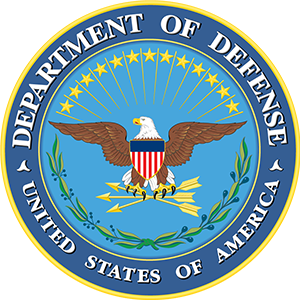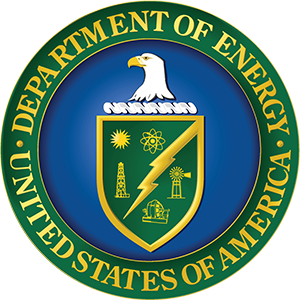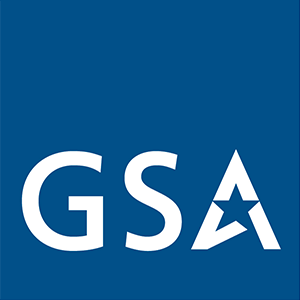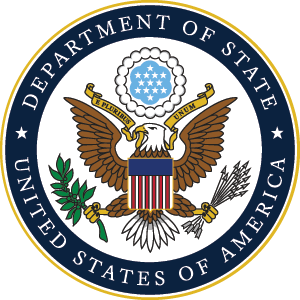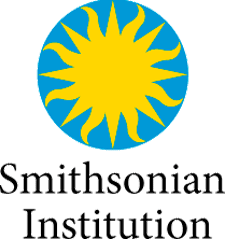In this module, we will level set by defining what “task tuning” is and how you can benefit from using it in a Networked Lighting Control system. Throughout this session, our experts will explore the various reasons why task tuning should be used on different projects you may tackle in your buildings. Leveraging some real-world case studies we’ll look walk through some projects that incorporated a task tuning strategy and the benefits of those strategies.
Instructors
Steven Mesh, LC, IESNA, Principal, Lighting Education & Design Read Bio
Steven Mesh, LC, IESNA, is the principal of Lighting Education & Design based in Honolulu. Steve has been a lighting designer and educator for 43 years. Steve is a member of the Illuminating Engineering Society and was the IES/Northeast Regional Vice President. He was also part of the development team for the California Advanced Lighting Controls Training Program. Steve has taught lighting and controls for 39 years. He won an IALD award for the Palm House at Dowling College and an EPRI award for Brower Commons at Rutgers University. Since 1992, he has taught many workshops at LightFair and has spoken at Lux Pacifica in New Delhi, India.
Bryan Urban, Senior Engineer, Fraunhofer USA Read Bio
Bryan Urban is a Senior Engineer at the Fraunhofer USA Center for Manufacturing Innovation in Boston, MA. He has more than 15 years’ experience in applied research related to building technology, energy systems, and cybersecurity. Bryan has served as principal investigator on several ESTCP Energy and Water demonstrations, including an HVAC analytics platform, cybersecurity tools for facility-related control systems, and an award-winning wireless lighting controls retrofit for high-bay applications. Other projects include field testing of phase change insulation materials, a net-zero solar elevator, and energy modeling of dynamic building systems. He received degrees in mechanical engineering, including a bachelor’s from Cornell University and a master’s from the Massachusetts Institute of Technology.
Learning Objectives
Upon completion of this course, attendees will be able to:
- Define what a “task tuning” control strategy is;
- Explore the benefits of using a task tuning strategy on a project;
- Describe a variety of reasons why using a task tuning strategy may be beneficial in a lighting controls project;
- Reference case studies where a task tuning strategy was used and the benefits resulting from that.

